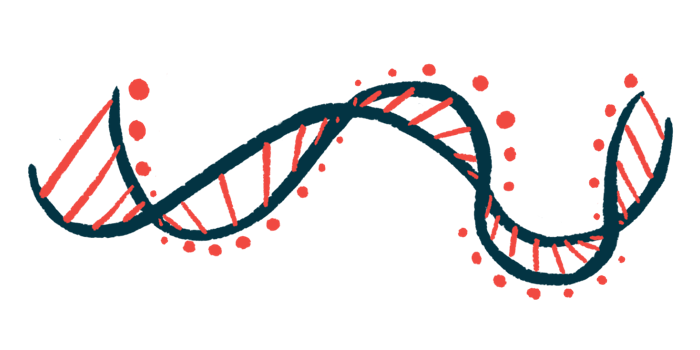COVID-19 triggers aHUS in boy with CD46 mutation: Case report
Case 'adds to growing evidence' of link, researchers say
Written by |

COVID-19 was the likely trigger of atypical hemolytic uremic syndrome (aHUS) in a boy found to carry a mutation that reduced the levels of an immune protein called CD46, which may have increased his chance of developing the disease, according to a report from Iran.
The boy first improved with hemodialysis, a treatment that filters waste and excess fluid from the blood when the kidneys can no longer do so, and plasmapheresis, a blood cleansing treatment. However, he later relapsed and needed treatment with Soliris (eculizumab), which is approved for both adults and children with aHUS.
“This case adds to the growing evidence of COVID-19 as a potential trigger for aHUS in genetically predisposed individuals and emphasizes the need for vigilance in monitoring and treating these patients,” the researchers wrote.
The report, “Atypical Hemolytic Uremic Syndrome Triggered by COVID-19 Infection in a Pediatric Patient With CD46 Mutation,” was published in Clinical Case Reports.
In aHUS, the complement system —a cascade of proteins that act as part of the immune system to help the body fight off infection — becomes overactive and causes clots to form in small blood vessels throughout the body, damaging organs. While the disease is usually associated with genetic mutations, these alone may not be enough to trigger symptoms of aHUS. In most cases, an additional factor, such as an infection, is needed to trigger the disease. Accumulating reports point to COVID-19 as a likely trigger of aHUS in genetically predisposed individuals.
Anemia, kidney issues lead to aHUS diagnosis
Researchers described the case of an 8-year-old boy who they said was admitted to the hospital with pale skin, swelling, and dark urine after experiencing one week of “fever, cough, and fatigue consistent with a viral infection during the COVID-19 pandemic.”
Blood testing showed low red blood cells (anemia), low platelets (thrombocytopenia), and high levels of creatinine and urea nitrogen, which indicated that his kidneys were not working well.
“Based on the clinical presentation … a presumptive diagnosis of aHUS was made,” the researchers wrote.
The boy was treated to balance his fluids and electrolytes, but his symptoms worsened. Fluid built up in his lungs, making it difficult for him to breathe. His kidneys stopped working properly, so he needed hemodialysis and five sessions of plasmapheresis over the course of a week.
Genetic testing revealed a mutation in both copies of the CD46 gene that was likely disease-causing. This gene encodes a protein, called CD46 or membrane cofactor protein, that helps control the complement system, keeping it from becoming overly active.
The boy’s total CD46 expression levels were at 45%, lower than the normal range of 64%-99%. That indicated that the CD46 mutation affected how his complement system worked, and that because of his genetic makeup, he was more likely to develop aHUS.
The boy didn’t come back for recommended monthly check-ups, but four months later, he was hospitalized with recurring symptoms. He was restarted on hemodialysis and plasmapheresis, but didn’t respond to treatment. He was then started on Soliris, which eased his symptoms and put an end to his need for hemodialysis.
This case shows that COVID-19 can trigger aHUS in people who have genetic predisposition for the disease, making early diagnosis, genetic testing, and proper treatment essential, the researchers said.
“Prompt recognition, comprehensive genetic testing, and targeted complement inhibition are crucial for managing this life-threatening condition, especially in patients with CD46 mutations,” they wrote.





